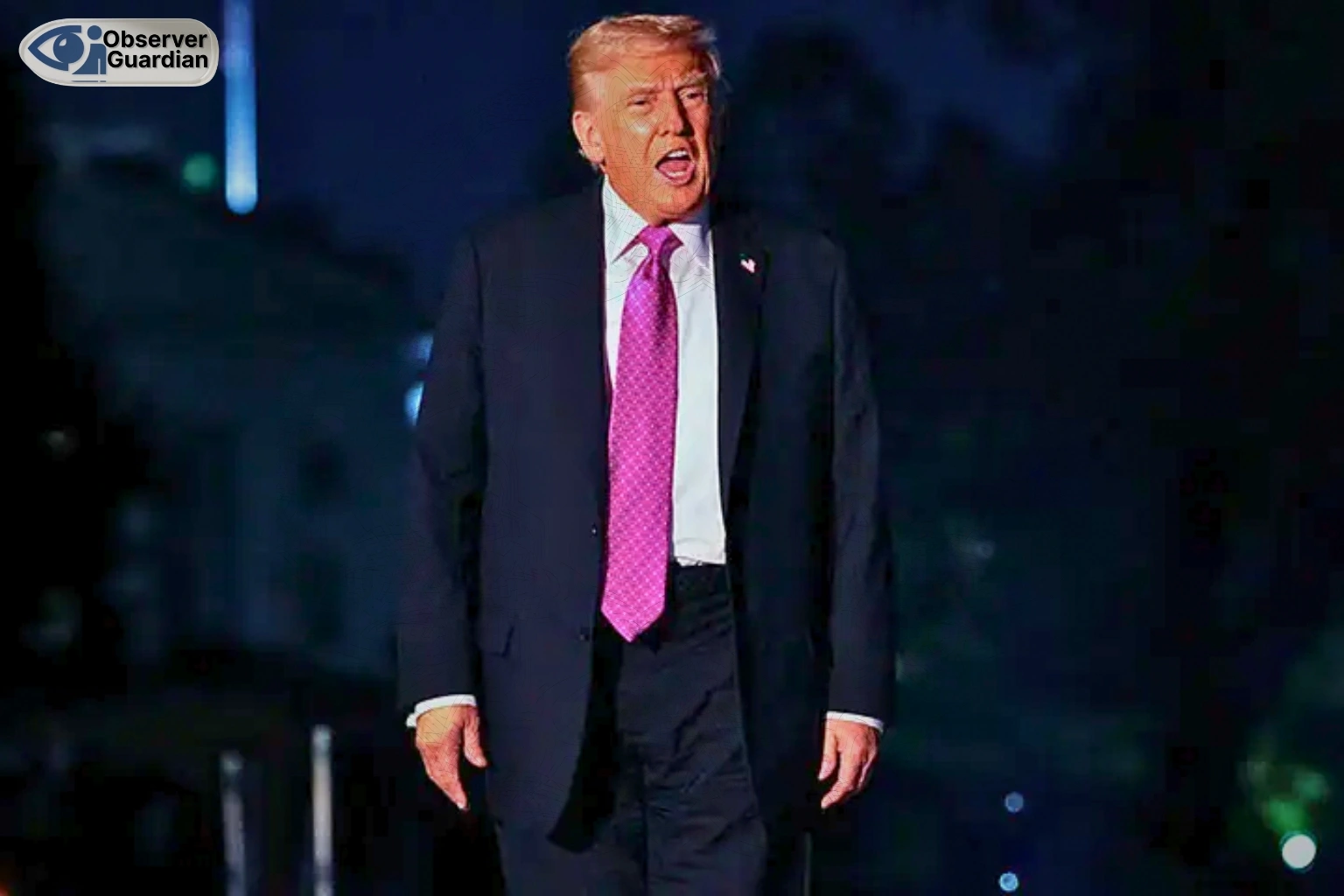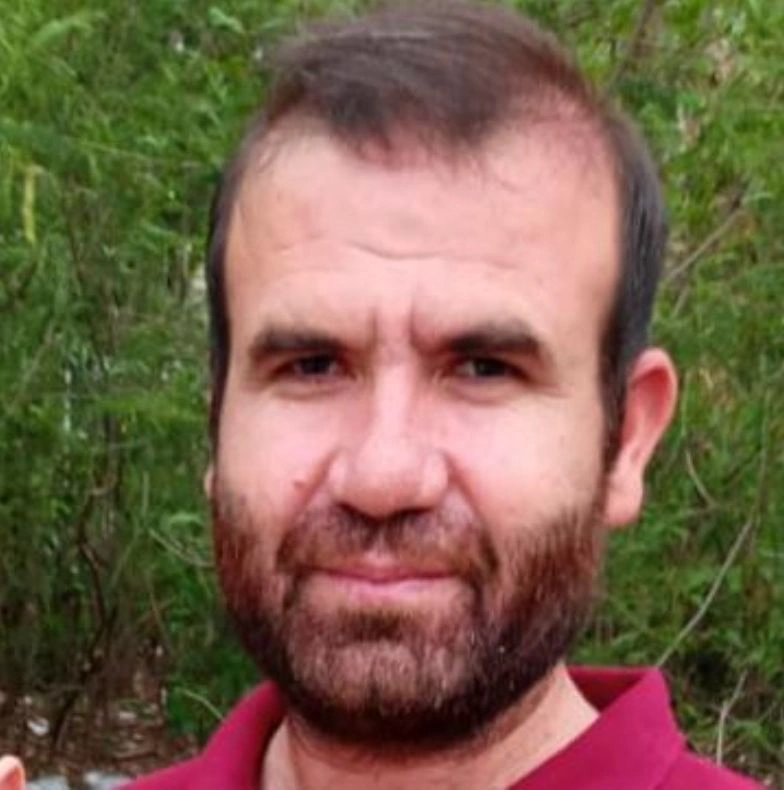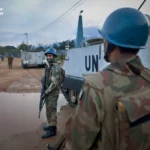Trump is once again in a fight with Washington’s leadership, this time over immigration enforcement. After Mayor Muriel Bowser told the D.C. police to stop working with ICE unless a judge orders it, Trump fired back, saying he will declare another national emergency and take control of the city’s police if she does not back down.
This comes not long after he already did something similar in August, when he used a section of the D.C. Home Rule Act to put the Metropolitan Police under federal control for 30 days. During that stretch, federal agents and the National Guard were everywhere, and ICE was included in the mix. Bowser was not happy about that arrangement, and once the 30 days ran out, she made clear that the city would keep cooperating with agencies like the FBI or Secret Service but draw a hard line with ICE.
Trump claims that crime only dropped because of the federal takeover and that keeping ICE out will bring chaos back. His critics say crime was already trending down before he sent in extra troops and that his approach is more about politics than public safety. He has been hammering Bowser on social media, painting her decision as dangerous and irresponsible.
The legal hook he is hanging this on is that D.C., unlike other cities, does not have the same level of independence because it is not a state. The president can, under certain conditions, step in and run things. Still, it is not common, and civil rights groups have been raising alarms, saying it is a major overreach and undermines local democracy.
For Bowser, the fight is partly about public trust. She has argued that leaning on ICE only deepens fear among immigrants and minority communities, making people less likely to report crimes or work with police. To her, this is about keeping policing local and accountable.
The bigger question now is what happens if Trump actually goes through with it again. Congress would need to sign off if he wanted the emergency to last beyond another 30 days, and there is already pushback from lawmakers who see this as dangerous ground. It could spark a long legal battle over where local control ends and federal power begins.
So the situation is less about day-to-day policing and more about power, precedent, and politics. Washington’s unique status makes it the testing ground, but if Trump gets his way, it could change how presidents interact with cities in the future.








